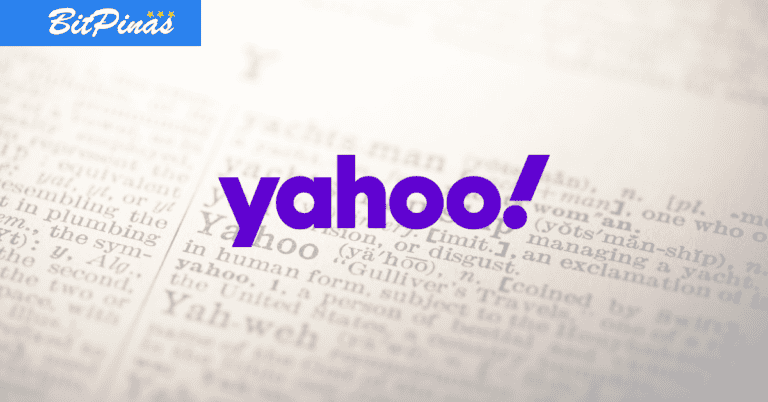[Blockchain and the Law] How Blockchain is Applied to Real Estate
Initiatives in the Philippines to put real estate transactions in the blockchain makes the real estate industry another lead adopter of this new technology.
![[Blockchain and the Law] How Blockchain is Applied to Real Estate 1 Photo for the Article - [Blockchain and the Law] How Blockchain is Applied to Real Estate](https://bitpinas.com/wp-content/uploads/2018/12/Blockchain-Real-Estate-4-1.png)
December 20, 2018. While the financial industry is leading in terms of adopting blockchain, the real estate industry is the prime fast follower. This is the sentiment at a blockchain and law forum held in the Philippines recently.
The Blockchain and The Law Forum held at the University of the Philippines BGC Campus is organized by Quisimbing Torres Law Firm in celebration of UNCITRAL Asia Pacific Day. The article below discussed a portion of the panel discussion about “Regulating Distributed Ledger Technology”. This particular panel is composed of Atty. Rafael Padilla of the Blockchain Association of the Philippines, Atty. Lorrybeth Baldrias-Serrano of Insights Philippines Legal Advisors, and Ms. Katrina Gonzalez of UnionBank of the Philippines.
In the recently held blockchain and the law forum at the University of the Philippines BGC Campus, a panel discussed the current use cases of blockchain that is happening in the country. The most obvious use case is currently in the financial sector where initiatives such as UnionBank’s Project i2i has greatly pushed the narrative on blockchain adoption in the Philippines. There are also initiatives in health care, insurance, music, and even supply chain.
In Atty. Rafael Padilla’s opinion, if the financial industry is the early adopter of blockchain, the real estate industry is the fast follower especially in the Philippines where there a number of initiatives for using the blockchain to simplify real estate transactions.
But how exactly is blockchain being used?
Ms. Katrina Gonzalez of Union Bank touched on the subject by discussing tokenization. For example, a property such as a house is a “token” in the blockchain and that token is attached to a person’s identity. This makes transactions more efficient because it will be easier to verify on the blockchain than with the current system where there are numerous papers and middleman to be checked with just to verify identity and ownership.
![[Blockchain and the Law] How Blockchain is Applied to Real Estate 2 Photo for the Article - [Blockchain and the Law] How Blockchain is Applied to Real Estate](https://cdn.bitpinas.com/wp-content/uploads/2018/12/Blockchain-Real-Estate-1.png)
Another use case is when a certain real estate, such as a condominium’s ownership is broken into several tokens. For example, 1 condominium is worth 1000 TOKENS. Instead of just one person buying that condominium, different persons can buy a portion of the “ownership” of the condominium by buying a portion of those 1000 TOKENS. One person might buy 400 TOKENS, which then represents 40% ownership of the real estate property. One person might buy 100 TOKENS, which represents 10% ownership of that property. Now, if the property is rented, any income from it will be shared by the owners in proportion to how many tokens they own.
Another way of utilizing blockchain for real estate transactions is through matching buyers to a particular real estate efficiently to simplify the process of choosing a property. According to Atty. Lorrybeth Baldrias-Serrano, translating of information (like the actual sale transaction) into smart contracts is currently being explored, but she doesn’t think it is feasible yet in the current regulatory environment in the Philippines. A sale of a real estate property must be in the form of a public instrument*. “Unless there is notarization through a blockchain or regulation on that, those activities must be put on hold for now.”
*A public instrument is any legal document (Legal Instrument) that is recorded with and authenticated by a public office or employee
Atty. Padilla did say that some of the projects involving real estate on the blockchain are not building their own blockchain. “The blockchain they are using is (of course) decentralized and open-source, but the application they are building on top of it is centralized.” According to him, the justification for using blockchain is that these companies want to introduce the possibility of enabling liquidity in real estate transactions. Real estate transactions that are very illiquid* – meaning – it is very difficult to transact. “So perhaps, by tokenizing the real estate property, the token can be easily traded, and hopefully that will make real estate investing more liquid.”
*An asset is illiquid when it is very difficult to convert it immediately into cash.
The Blockchain and The Law Forum held at the University of the Philippines BGC Campus is organized by Quisimbing Torres Law Firm in celebration of UNCITRAL Asia Pacific Day.
Disclaimer: Our Blockchain and The Law Article Series seeks the opinion of experts when it comes to the legal, regulatory, and policy implications of blockchain.
This article is for information purposes only. Some of the contents are directly or indirectly quoted from legal experts but such quotes do not constitute and are not intended as proper legal advice.
This article originally appeared on BitPinas: [Blockchain and the Law] How Blockchain is Applied to Real Estate





![[Meetup Recap] Draper Startup House Manila Founder Shares Tips on Starting Successful Web3 Projects 8 [Meetup Recap] Draper Startup House Manila Founder Shares Tips on Starting Successful Web3 Projects](https://bitpinas.com/wp-content/uploads/2023/02/Stanible-1-1-1-768x402.png)